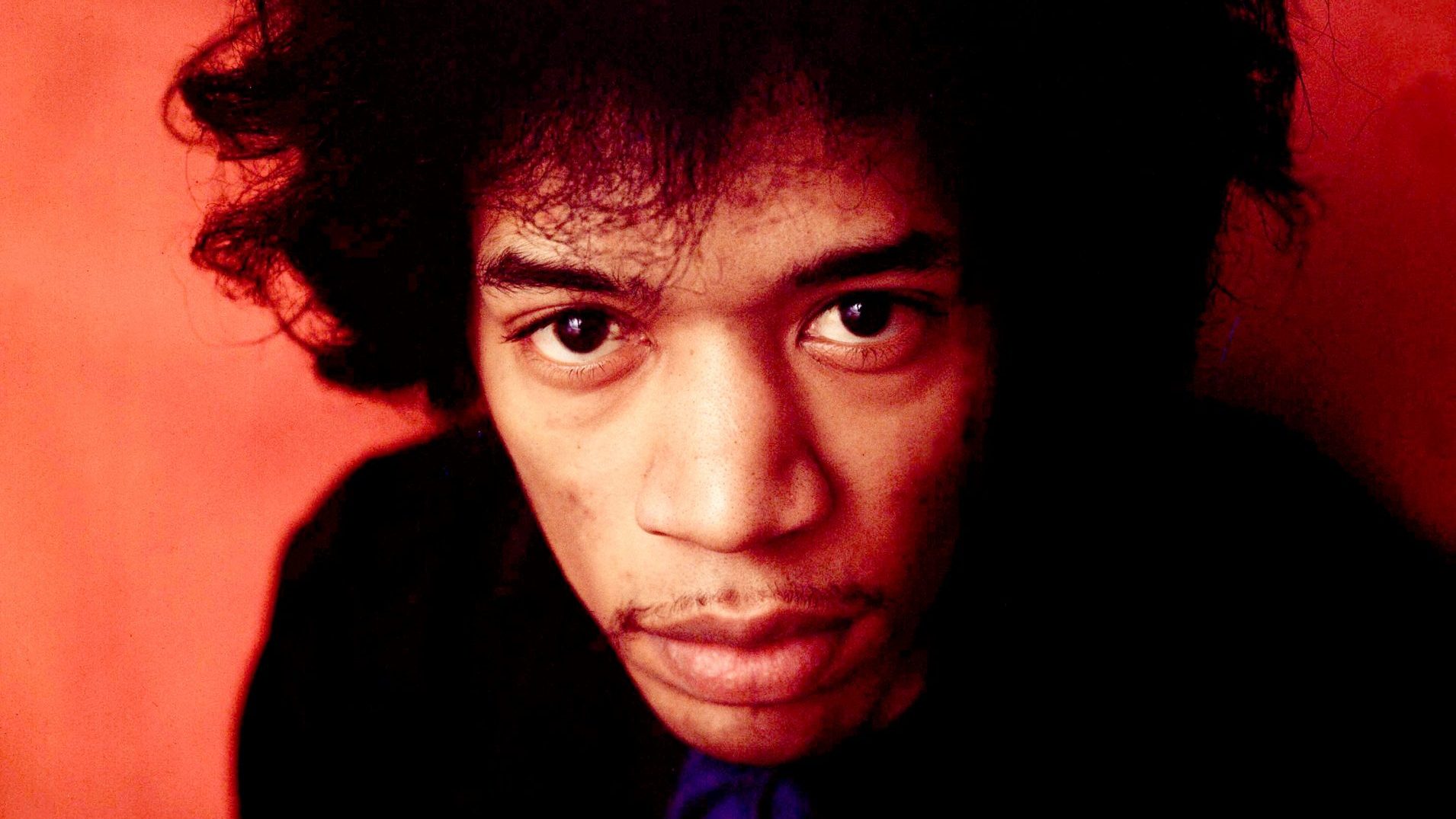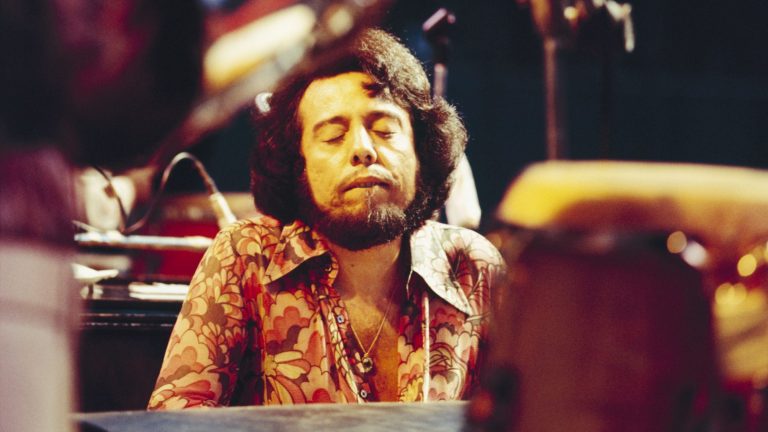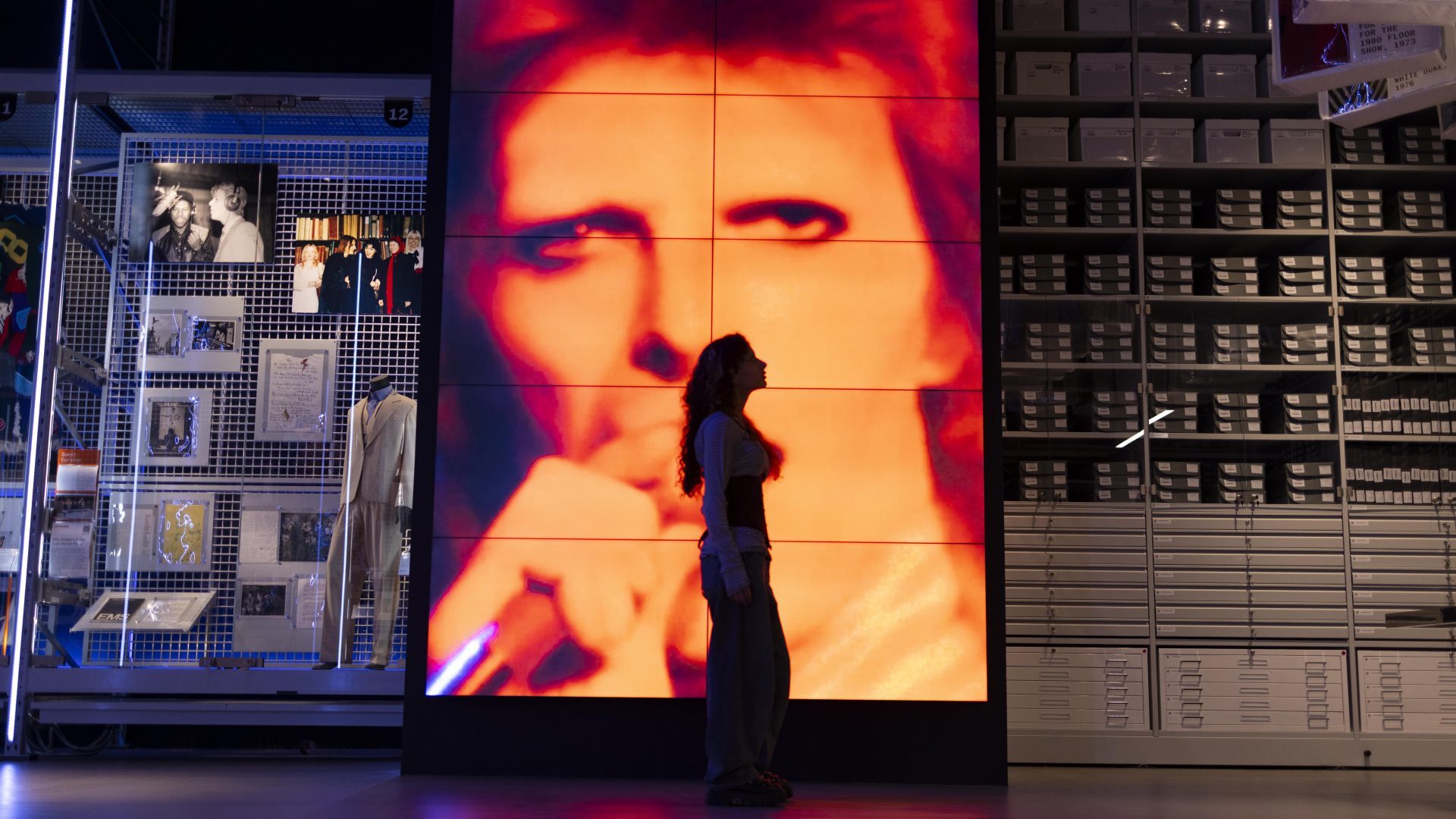“Physically it was a falling over backwards feeling, like in your dreams. And it’s almost like blanking and it’s almost like crying, and you want to laugh. It’s so personal, because once you get there, everything is so quiet…
“It’s the most alone feeling in the world. You’re there by yourself and you can talk very low or you can scream and do anything. And then I thought how crazy I was for doing this thing, but I loved it anyway.”
When Jimi Hendrix talked about the 13 months he spent in the 101st Airborne Division of the US Army, it was often with the kind of highly inventive distortion which made his musicianship so bold, so thrilling. “I was bored after I left school and there wasn’t a lot doing in a town like Seattle,” he told Rave magazine in 1967. “The legal age for joining was 17, so I stuck a year on and got in the army! And you know what? It was even more boring than being outside.”
He would tell other interviewers that he had grown to hate his commanding officers when they refused to let him play guitar, and that he had been invalided out of the forces after breaking his ankle in an accident.
None of it was true. Hendrix was 19 when he signed up, and did so as part of a plea bargain to avoid prison time after twice being caught in stolen vehicles. At Fort Campbell in Kentucky, where supposedly “they wouldn’t let me have anything to do with music”, he was allowed to practise in a service club and play in a band with bassist Billy Cox, who would later accompany him at Woodstock. The Casuals gigged at military bases in Kentucky, Nashville and as far away as North Carolina. And rather than being invalided out, Hendrix received an honourable discharge in June 1962, written off by the army after months of slackness on duty but hard work convincing doctors and psychiatrists that he was a compulsive masturbator with dizziness, chest pains and insomnia who was developing homosexual feelings for a fellow serviceman.
Nevertheless, it seems certain that the feeling of gleeful abandon Hendrix described in an interview about parachuting out of an aircraft – he claimed to have made 25 jumps – was very real. The dreamlike, tumbling state he entered as he launched himself out of an aircraft was the same abandon Jimi Hendrix sought first in his music and later in his personal life, things that would both make him world famous at 25 years old and dead at 27.
The guitar took Jimi Hendrix to stratospheric heights; first as a backing musician for the Isley Brothers and Little Richard, then to swinging London. There, his showmanship and control; his fluid mastery of his instrument, his amplifiers and effects pedals, shocked the nascent guitar heroes of the British scene. No one they had seen had played with such force, such natural daring.
Of course, Hendrix’s talent was not wholly natural. It had been honed through years of study of the great blues players and their tricks and techniques, through up to 14 hours of daily practice, through an interest in electronics which allowed him to take advantage of the great technical leaps of his age.
These let him make leaps with the guitar that were even more exhilarating than any he had experienced with a parachute strapped to his back. On the three LPs he recorded with the Jimi Hendrix Experience – Are You Experienced, Axis: Bold as Love (both 1967) and Electric Ladyland (1968) – his guitar sounds as if it is on fire, long before he reached for the lighter fluid. The records have survived all changes of musical fashion, thanks to their creator’s audacity and command.
Had Hendrix stayed in the army, he might have been among the first American servicemen dispatched to south-east Asia. This must surely have been on his mind when he and Cox played at Woodstock on August 18, 1969, 13 months before his death, and he conjured up his immortal version of the Star-Spangled Banner, a song he would have heard often at Fort Campbell, a national anthem that would become his own anthem.
At what would be the “rocket’s red glare” line, Hendrix’s guitar sound seems to decay. The subsequent three minutes is full of heat and confusion, of aerial swoops and machine-gun battery.
These are the sounds Jimi Hendrix would have heard in Vietnam. They are the sounds many of his contemporaries will have heard there, perhaps the last sounds they heard.
As they flow out of his white Stratocaster, the footage shows a clearly stoned man playing with precision and intent. Then he launches into a woozy Purple Haze and by the song’s end, his fingers blurring, Jimi Hendrix is once again in the state of abandon he felt while kissing the sky on those parachute jumps. It is almost like blanking, almost like crying, an alone feeling, a crazy thing that he loved anyway.




